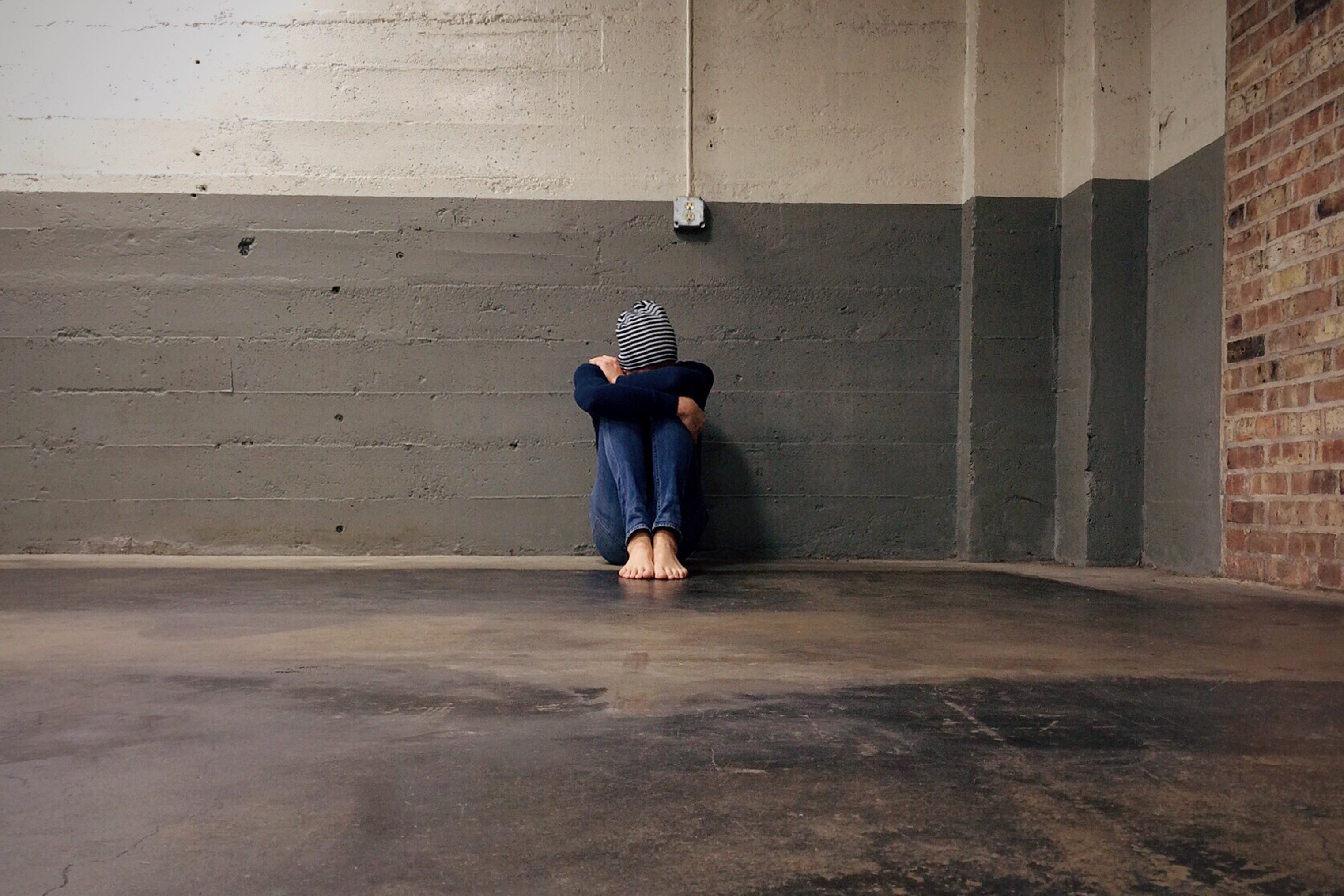My Story
I knew a little girl once. She was twelve-year’s-old at the time, just beginning seventh grade at a brand-new school with different faces in a fresh neighborhood. She was weeks away from beginning classes—when it happened.
Her father committed suicide. Yes, this little girl’s daddy took his life in the basement of her childhood home. It was awful. The things I could tell you are tragic, the sheer pain and guilt that followed her for years was more than her fair share of heartbreak.
That girl was me.
The mental anguish that cornered me for years after his death gave me a sense of understanding and empathy for those who experience depression or any mental health issue.
So, I decided to use my tragic experience for wellness and the betterment of those around me. I am much more aware of what to look for now, and you can be too. Here are 5 signs that someone may be feeling suicidal.

Withdrawal
This seems like an obvious factor, but few take this seriously or even notice. If you or someone you know no longer enjoys participating in once-loved activities and refrains from social opportunities, this may be something to be concerned about. Everyone has off-days and periods of time where they wish to be alone; however, if the problem persists, there may be a bigger and more serious issue at hand. It’s easy for things like this to go unnoticed in our hectic lives but stay aware. Check in on your friends or family. Make it known that you care. (1) 
Increased use of drugs and/or alcohol
Sure, not everyone who smoke’s or drinks has a mental health issue, but increased activity may be concerning, especially for those who become interested out of the blue. People with depression often turn to unhealthy habits as a means of coping with their thoughts or lives. (2)

Giving away personal items
If someone seems to be giving up personal and important items suddenly, one may want to check in on them and their well-being. A suicidal person may feel the need to give prized possessions away to family members or friends as a token of remembrance for when they are no longer physically here. (2)
Hopelessness
An individual that is constantly hopeless and cannot see the light at the end of the tunnel should be taken seriously from the get-go. Many suicidal individuals feel like they have gotten themselves “in too deep,” and they often don’t know how to rise above whatever mistakes or problems they have encountered. This is, quite literally, life or death. Any talk of “no way out” or “no hope” for someone should be brought to the attention of a parent, spouse, doctor—anyone really—that can begin seeking treatment for said person. (1)

Changes in appetite/weight
It is not uncommon for individuals with depression and suicidal thoughts to be showing physical symptoms. Those with depression and who are feeling suicidal tend to lose or gain a lot of weight because of two reasons. One, they use food as a coping mechanism for other areas in their lives or two, they cannot bare to eat because it makes them ill.
Be aware
Obviously, not everyone with these traits is or has been suicidal. Humans are just that—humans. We go through phases, bad days, off-weeks… sometimes we just aren’t our normal selves and that’s okay. What’s not okay is when traits become habits. The need for concern comes after we find ourselves or those we love in a rut that we/they can’t get out of.
It is imperative to remember that those with depression and suicidal thoughts cannot control feeling the way they do. Mental health in our society is unfortunately not taken as seriously as it should be. Warning signs are often ignored or looked-over due to the idea that “it can’t” or “it won’t” happen to those we love. I am living proof that it absolutely does happen, every year, to thousands of people. According to afsp.org, the American Foundation for Suicide Prevention, 44,965 people die every year from suicide. To put that tidbit into perspective, that’s more than half of the entire population of West Chester, Pennsylvania.

You are not alone
If it’s you that feels suicidal, please try to understand that you aren’t in this alone. It isn’t shameful to ask for help or reach out when in need—plenty of services are out there specifically for crises. The National Suicide Prevention Hotline is available 24/7, where you’re able to speak to a live individual when you need it the most. The same service also offers a chat, just in case a phone call isn’t your thing. (I know it’s not mine.)

I didn’t go through this tragedy on accident. I’m a firm believer that events, even tragedies, happen for a reason. My purpose is to spread awareness in every way I can, to whomever I can. Luckily for us, much information is readily available to those who need it, and you too can become an advocate for suicide prevention.

References
1. McSwain, S., Lester, D., & Gunn, J. F., III. (n.d.). Warning Signs for Suicide in Internet forums. Psychological Reports: Socioculture Issues in Psychology, 111, 186-188. doi:0.2466/12.13.PR0.111.4.186-188
2. Szumilas, M., & Kutcher, S. P. (2008). Youth and Suicide: Some Basic Facts. Canadian Medical Association Journal, 178, 286-286. Retrieved September 26, 2018.
3. King, K. A., & Vidourek, R. A. (2012). Teen depression and suicide: Effective prevention and intervention strategies. PsycEXTRA Dataset, 19, 15-15. doi:10.1037/e535022013-005












